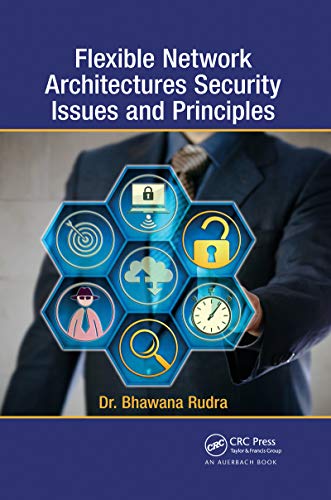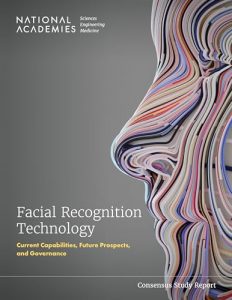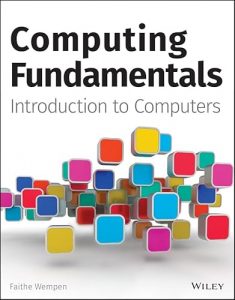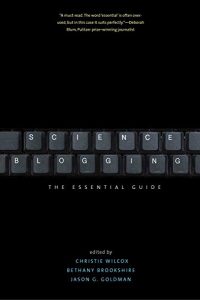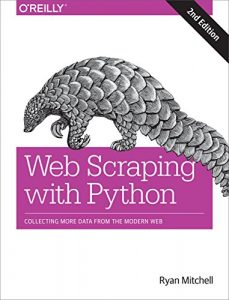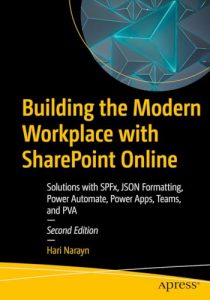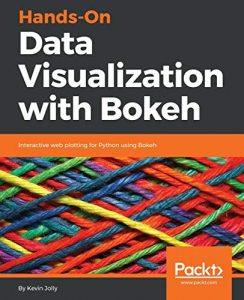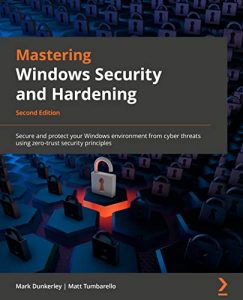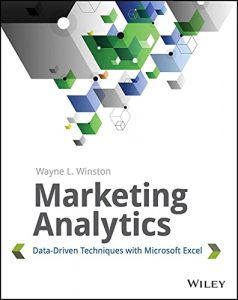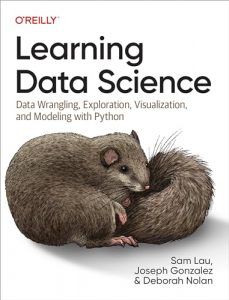1. Flexible Network Architectures Security: Principles and Issues
This essential read by Bhawana Rudra delves into the foundational principles of network security architecture. It provides practical insights into the various challenges faced by organizations in implementing flexible and secure network designs. The book emphasizes the importance of understanding security issues in the context of evolving network architectures, making it a must-read for network professionals seeking to enhance their knowledge and skills. By breaking down complex topics into manageable concepts, this book empowers readers to think critically about network security solutions and strategies.
2. Windows Networking Tools: The Complete Guide to Management, Troubleshooting, and Security
Gilbert Held’s comprehensive guide on Windows networking tools is an indispensable resource for IT professionals. This book covers everything from basic management to advanced troubleshooting techniques, ensuring that you understand how to secure and maintain a Windows network efficiently. Its detailed approach makes it ideal for those who handle network systems in various environments. The practical examples and industry insights within this guide will equip you to tackle real-world networking challenges with confidence and expertise.
3. SIP Handbook: Services, Technologies, and Security of Session Initiation Protocol
Authored by Syed A. Ahson and Mohammad Ilyas, the SIP Handbook is a definitive source for anyone interested in the realm of telecommunications. It covers the key services and technologies behind the Session Initiation Protocol, alongside vital security aspects that every network engineer should comprehend. This book stands out for its clarity and depth, making it accessible for novices while being detailed enough to satisfy seasoned professionals. Whether you’re designing, managing, or troubleshooting SIP networks, this handbook is essential.
4. Identity Management for Internet of Things
In our increasingly connected world, Parikshit N. Mahalle and Poonam N. Railkar’s work on identity management is vital for safeguarding IoT devices. With the rapid expansion of IoT, understanding how to manage identities effectively is paramount to ensuring security and privacy. This book dives into essential strategies essential for developers and security experts dealing with IoT solutions. It frames identity management as not just a necessity but a foundational principle for enhancing IoT security. Don’t miss this enlightening read to stay ahead in the tech curve.
5. Essential Skills for Hackers
Kevin Cardwell and Henry Dalziel present a captivating exploration into the skills necessary to thrive as a hacker, not just in offensive techniques but also in ethical hacking and cybersecurity. This book is perfect for enthusiasts aiming to understand the hacker mindset and develop their skills practically. Packed with hands-on exercises and real-world examples, it takes the reader through a journey of becoming a skilled hacker while maintaining a strong ethical framework.
6. A Deeper Perspective on the Fundamentals of Digital Communication, Security, and Privacy Protocols
This work by Kutub Thakur, Abu Kamruzzaman, and Al-Sakib Khan offers an in-depth examination of the core principles of digital communication. As our world becomes more dependent on digital channels, this book provides crucial insights into designing secure systems that uphold privacy. It highlights various protocols essential for securing communications, making this an invaluable resource for anyone involved in cybersecurity or network management.
7. WordPress Security 101: How To Protect Your Website From Hackers
Geralyn Siker’s primer on WordPress security serves as an essential tool for anyone managing a WordPress site. With the growing threat landscape targeting website vulnerabilities, this book outlines practical steps to safeguard your site from hackers. Its straightforward approach and easy-to-follow advice make it perfect for developers and site administrators alike. This informative read will empower site owners with the knowledge to fortify their WordPress security.
8. Mastering Open Source Threat Analysis Strategies
Vishal Rai showcases effective strategies and insights for conducting thorough threat analyses within this engaging book. As cybersecurity threats become more sophisticated, understanding how to leverage open-source tools and methodologies is paramount. This book not only bridges theoretical knowledge with practical application but also provides case studies that enhance the learning experience. Essential for aspiring security professionals, it prepares readers to face contemporary cyber threats with structured analytical skills.
9. Windows Networking Tools: The Complete Guide to Management, Troubleshooting, and Security (IT Management)
This celebrated work by Gilbert Held is an extension of his earlier title and dives deeper into the intricacies of IT management. It covers a wider array of tools and best practices that are crucial for any network administrator. If you are serious about networking in a Windows environment, this manual should be a staple on your bookshelf, providing foundational knowledge and up-to-date practices that support effective IT management.
10. Multimedia Communications and Networking
Mario Marques da Silva’s work stands out in the field of multimedia networking with its thorough exploration of technologies that drive modern communication systems. This is crucial reading for anyone in the field of telecommunications. The challenging technical concepts are explained with clarity, making it an accessible resource for technology enthusiasts and professionals alike. Readers will gain vital insight into multimedia communications that will aid in the development and management of robust networking solutions.

